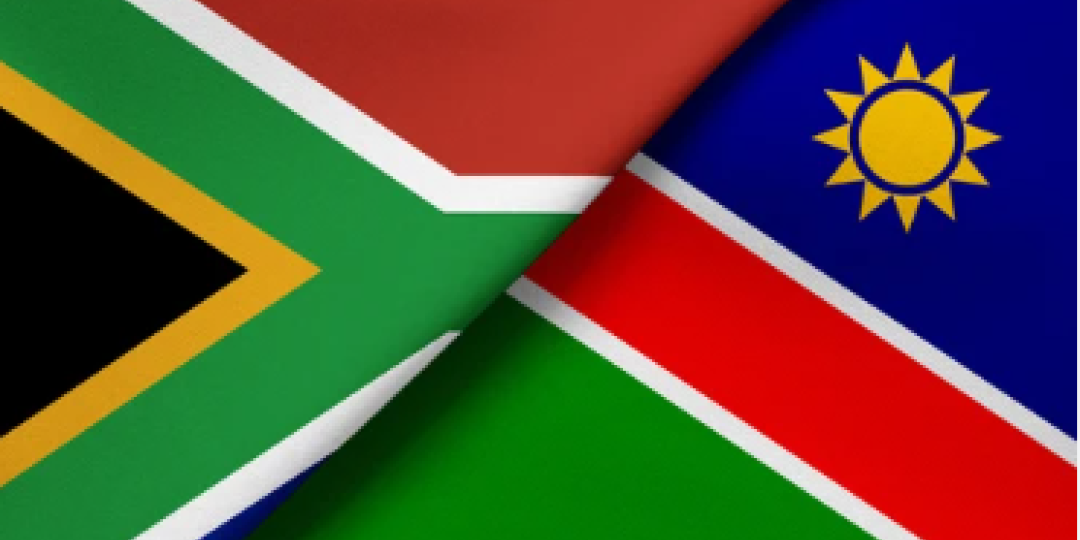Namibia is considering lifting its ban on vegetable imports from South Africa, a move that could alter agricultural trade dynamics in the region.
This potential change occurs against a backdrop of intricate trade relationships within the Southern African Customs Union (Sacu), which includes Botswana, Namibia, Lesotho, and Eswatini.
Wandile Sihlobo, chief economist at Agbiz, told Farmers Weekly that trade friction within Sacu had been a cause for concern.
According to Sihlobo, some trade friction in South Africa's trade relations with the African continent had primarily been within the union’s free trade zone.
Starting around 2021, Botswana and Namibia put restrictions on South African vegetable imports to support their domestic industries, which introduced uncertainty and negatively affected business.
While Botswana chose to reverse its restrictions on vegetable imports in December 2024, Namibia is continuing with its ban, explaining that it is needed to protect local farmers and ensure food security.
Critics have said this policy could disrupt the regional value chain and economic stability.
Bennie van Zyl, general manager of TLU SA, has voiced concerns about market instability, saying: "When a farmer produces any commodity, having a stable market is crucial for profitability.”
He added that the instability caused while Namibia reviewed the ban on a monthly basis created difficulties for farmers.
Sihlobo has emphasised Sacu's importance for South African agricultural exports, accounting for approximately 20% of the country's US$13.2 billion agricultural exports in 2023.
In October 2024, Paul Makube, a senior agricultural economist at FNB, called the import ban a protectionist move that disrupted market mechanisms and could hinder intra-Africa trade integration efforts.
He stressed the need for engagement and mediation over retaliation and the importance of communication between Southern African countries to ensure the stability of the agricultural sector.
Zimbabwe, Namibia, and Botswana have also ended import bans on South Africa’s livestock and maize, which is expected to boost trade and food security.













